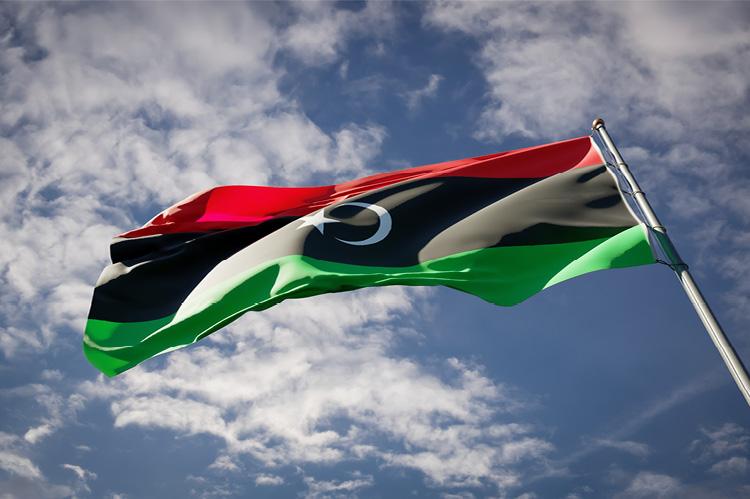Libya's Oil Pipelines Are Falling Apart

Years of neglect brought on by nearly ten years of civil war has caught up with Libya's once formidable oil pipeline network.
The country's oil output has fallen by about 200,000 bpd after an oil pipeline taking crude to the eastern port of Es Sider, Libya's largest, could no longer continue to operate. The pipeline "has a large number of leaks and is worn out," says the state-owned National Oil Company (NOC).
Libya’s daily production surged to 1.25 million barrels this month from almost nothing in September after a truce between rival military forces. That caused problems for the Organization of Petroleum Exporting Countries and its allies, which are restricting supply to bolster oil prices following their coronavirus-triggered collapse last year. Due to its strife, Libya is exempt from the curbs.
While Libya has Africa’s largest crude reserves, the NOC is struggling to fix oil fields, storage tanks, pumping stations, pipelines and ports. Some have been damaged, while others are corroding because of neglect. The NOC said it lacks the money to carry out the repairs, principally due to the fact that it has not been able to access blocked funds held by the Libyan Investment Authority (LIA) -- its assets were valued at $67 billion in 2012. The LIA is seeking to apply to the UN Sanctions Committee, working under the auspices of the UN Security Council, for adjustments to enable it to invest, via a custodian, some of the $12.7 billion frozen cash held by its investment managers.

